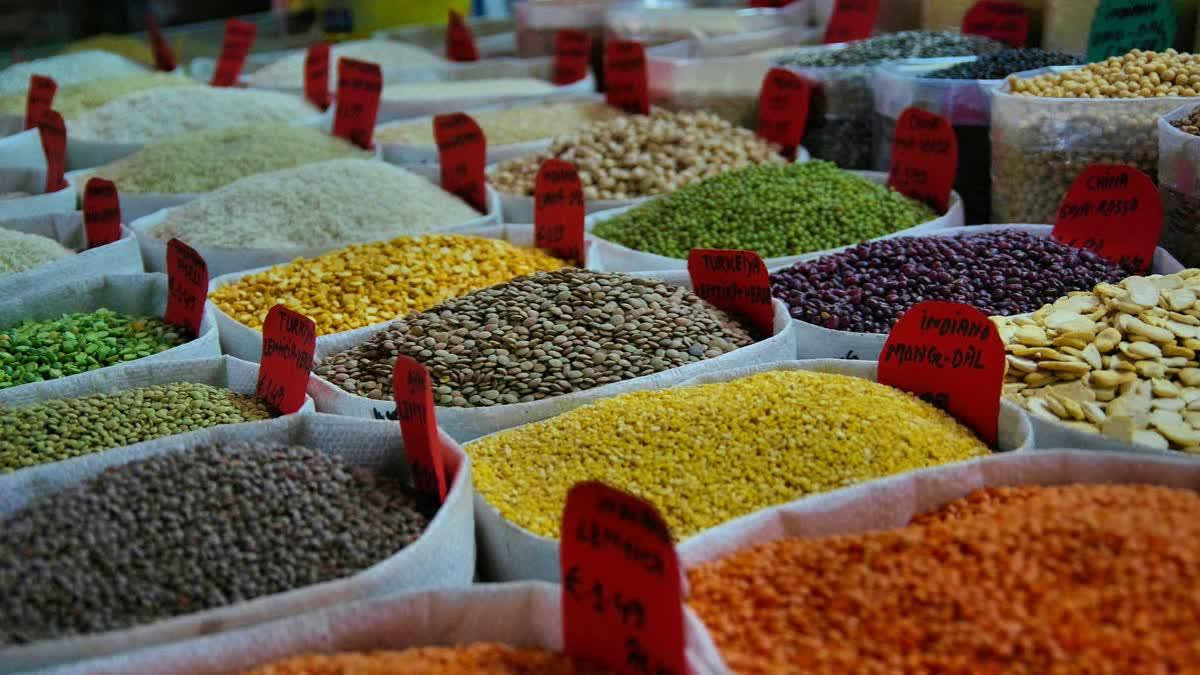New Delhi: Stating that good pre-cooking practices help in retaining nutrients and reducing contaminants, the Indian Council of Medical Research (ICMR) has suggested avoiding repeated washing of food grains like rice and pulses as it will result in the loss of certain minerals and vitamins.
“Cutting vegetables into small pieces exposes a greater surface area of the foodstuff to the atmosphere, resulting in loss of vitamins due to oxidation. Cut vegetables and fruits should be consumed as early as possible as their shelf-life and nutrient contents reduce drastically. These should not be soaked in water as water-soluble minerals and vitamins tend to get lost,” the latest dietary guideline issued by the ICMR and National Institute of Nutrition (NIN) said.
Why is the pre-cooking process important?
Foods should be washed well, but not repeatedly, before cooking or consumption to remove contaminants like pesticide residues, parasites and other extraneous material. Vegetables and fruits should be washed thoroughly with potable water before peeling or cutting.
Household methods of processing to improve and help retain nutrients in food
Soaking, popping, puffing, sprouting/germinating, malting and fermentation are some of the established household methods that improve the digestibility and bioavailability of nutrients from whole grains and legumes. When sprouting grains for human consumption, the optimum growth of the sprouts should be only as long as the grain kernel itself. If grown any longer, the sprout begins to use the powerhouse of nutrients that are stored in the grain and the nutrient content declines.
Blanching or steaming
According to ICMR, blanching involves putting vegetables in boiling water or steam for a short time and cooling them immediately in cold water to stop enzyme actions, which could cause a loss of flavour colour or texture. This process increases the shelf life of the vegetables, but the nutrients might be lost along with water. Hence, steaming the vegetables and cooling them immediately in the refrigerator is advisable instead of blanching.
Slow cooking
During slow cooking cell walls break down and there is a release of powerful antioxidants from vegetables like tomatoes, corn and spinach making them more available to the body. Boiling peanuts increases their antioxidant concentration up to four times more than that of raw and roasted peanuts. Furthermore, cooking meat in a liquid at low heat can help reduce the number of cell-damaging compounds known as AGEs (advanced glycation end products) that are produced in the meat by 50 per cent when compared to broiling or grilling.
